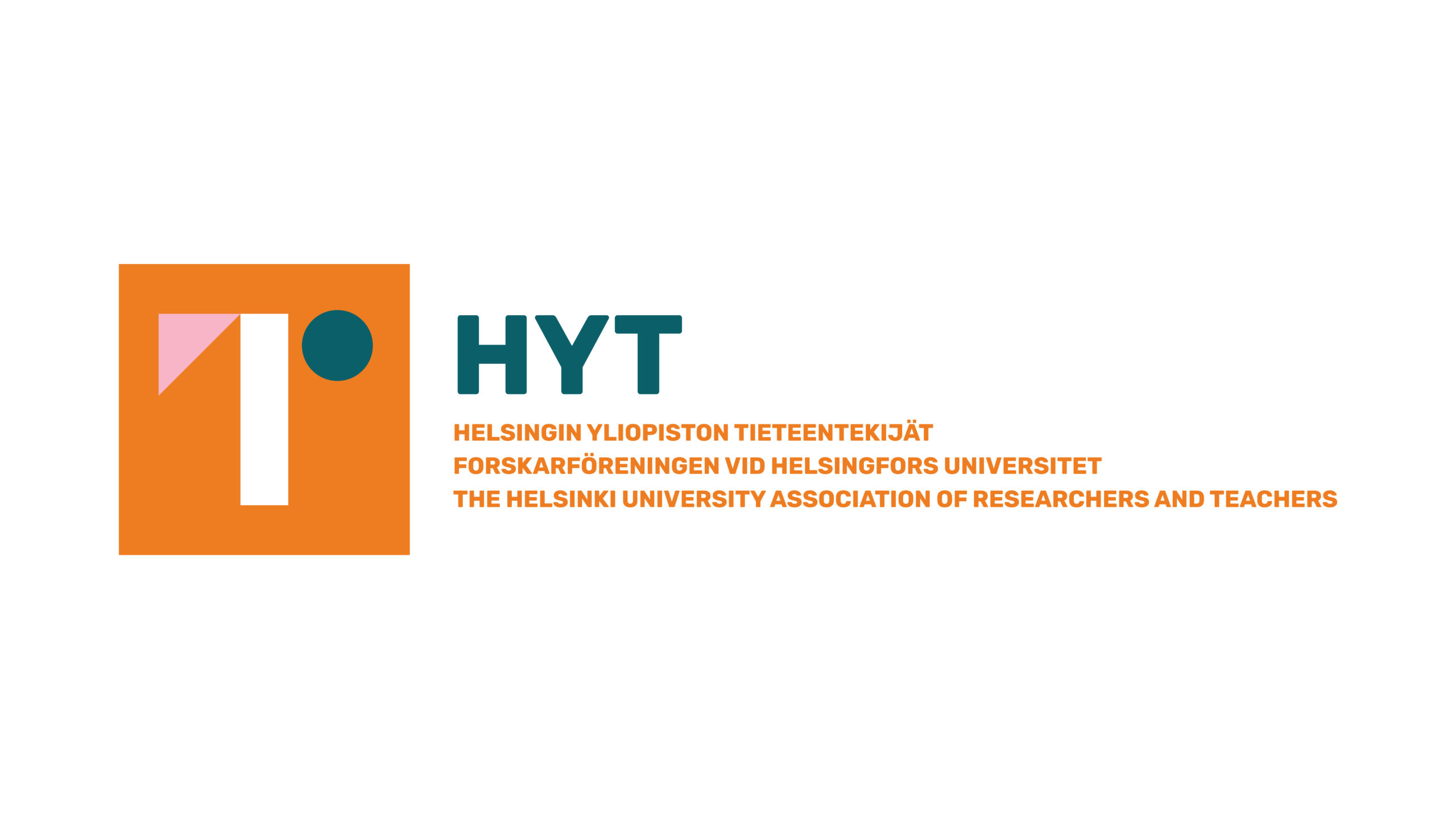In the spring of 2020, almost all educational institutions adopted remote teaching on a very fast schedule. Everything happened quickly; everyone had to adapt. Even though the spring was managed successfully thanks to professionalism and the support of the work community, as the situation is drawn out, the resilience of university teachers in particular is a cause for concern. The spring was arduous for university teachers, as they had mere days to prepare for a spring term that would be entirely “online”. Now the future looks as uncertain as it did in the spring, which places added pressure on teaching staff. As the pandemic persists, the work well-being of teaching staff needs to be urgently addressed.
Teachers’ experiences of remote teaching
We asked the university’s teaching staff about ongoing and future teaching. Thinking about remote work in the autumn, they said they are worried about their ability to cope. At the start of the new academic year, teachers view the situation from the vantage point of endurance. Workdays can easily stretch to 10 hours, as teachers adopt new tools and tackle the never-ending flood of email. A new stress factor are the numerous Zoom meetings held every day: before the pandemic, things could be discussed during a coffee break or at the copy machine, now you have to organise a meeting or write email. Furthermore, shoulder and neck pain as well as headaches make it hard to work at a computer for hours on end.
Although the amount of interaction may not have been reduced due to remote work, few have seen their colleagues face to face since the start of the year. Contact with colleagues and with students inevitably remains distant, and a job that in normal circumstances is defined by interaction may now seem even lonely.
Many have found that the contact that takes place via different kinds of applications demands more focus and is heavier than meeting in person. While sitting in a Zoom meeting, many simultaneously carry out other work tasks, for example, by going through emails.
Uncertainty about what is to come
Remote work is often fragmented and involves multi-tasking, which challenges everyone’s ability to focus. Moreover, working from home further blurs the line between work and free time. No one knows how long the current situation will continue and when the World Health Organisation (WHO) will declare the pandemic over. After the crisis, will we even be able to return to our workspaces, as saving on office space was on the agenda already before the pandemic? Will we ever return to teaching in a classroom and if so, in what form? How will we build community after the pandemic? Questions related to community and teaching affect the entire university community.
The university should support the work well-being of teachers and staff by investing in additional teaching resources. According to a survey carried out by the Trade Union of Education in Finland (OAJ), well over half of teachers (including university teachers) felt that their workload increased in the spring. When the workload increases, it is important to invest in support measures to ensure that teachers are not left on their own.
Small work communities and joint planning within these communities could be one mode of support that would be cost-effective to realise: the ability to share one’s experiences and to have discussions with colleagues is an important resource during periods of remote working and teaching. Our task is to continue in the spirit of the University of Helsinki’s new strategy:
“Our aim is to significantly diminish work-related exhaustion and its risk among members of the University community. This requires a critical examination of our operating culture and the advancement of practices that promote coping at work.”
The University of Helsinki Strategy 2021-2030
Laura Kortesoja, doctoral candidate, vice chair, The Helsinki University Association of Researchers and Teachers HUART
Suvi Kotkavuori, chair, University of Helsinki’s lecturers’ association HYL


